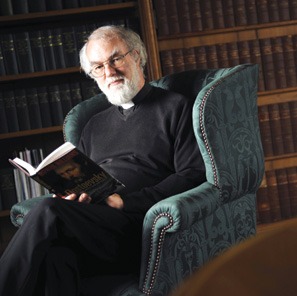
This article appears in the Witness section of the summer 2020 issue of the New Humanist. Subscribe today.
Blasphemy will finally be decriminalised in Scotland, it was announced on 24 April. The Scottish Parliament said the law would be modernised as it “no longer reflects the kind of society in which we live”.
This makes Scotland the tenth country to abolish its blasphemy laws since the End Blasphemy Laws Campaign was launched in 2015, following on the heels of Ireland and Greece. The campaign has successfully argued that blasphemy laws violate freedom of expression, which is enshrined in the Universal Declaration of Human Rights. Blasphemy laws protect religions and their leaders from legitimate criticism and can legitimise the persecution of minorities (see the case of Mubarak Bala, arrested on blasphemy charges in Nigeria, on page 13).
The very fact that the Scottish law was still in place may come as a surprise to some. The last recorded charge was brought in 1842, against bookseller Thomas Paterson for “exhibiting placards of a profane nature” in his shop window. Scotland lagged behind England and Wales, which abolished their blasphemy laws back in 2008.
Despite the fact that the law hadn’t been used since the 1800s, so-called “dead letter” laws can be used to legitimise more active versions of the same laws in other countries. Its repeal is an act of solidarity with the victims of blasphemy laws in countries around the world. As Fraser Sutherland, chief executive of Humanist Society Scotland, commented, it sends a “clear and unambiguous” message that “blasphemy laws are wrong and have no place in the 21st century.”
Humanist Society Scotland was at the forefront of the campaign, gathering public support through a petition and submitting evidence to the Scottish Parliament on how blasphemy laws are used globally to persecute humanists as well as marginalised faith groups. Criticisms of religion should never be a crime. But sadly, 68 countries around the world still uphold blasphemy laws, with many carrying prison terms and other forms of punishment.
As Humanists International’s chief executive Gary McLelland said: “We hope Scotland’s move will help encourage more countries to rethink their blasphemy laws and to better protect our fundamental human right to free expression and freedom of belief.”
Perhaps this will incentivise Northern Ireland, which still has an active blasphemy law. Following suit would bring it in line with the rest of the UK and also with the Republic of Ireland, which voted overwhelmingly to decriminalise blasphemy in a 2018 referendum.

